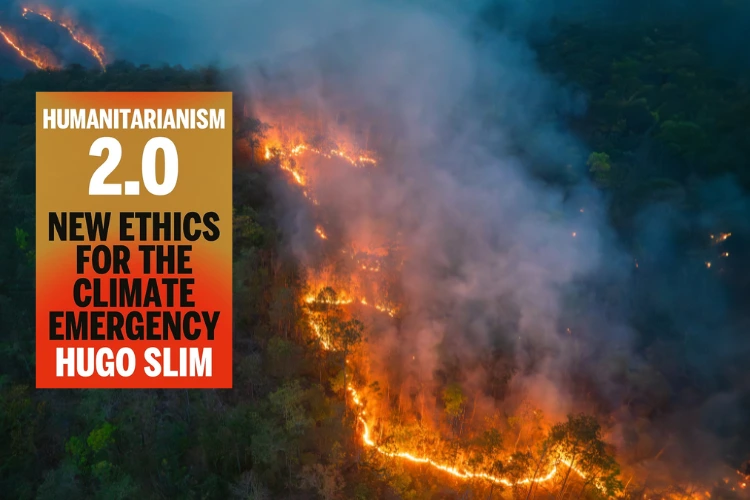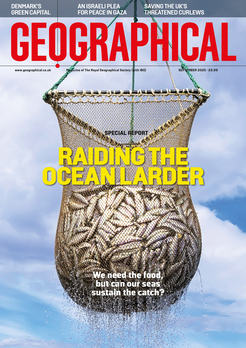
Hugo Slim’s book dives into the ethics of humanitarian aid amidst our the ever-growing climate energy
By
Hugo Slim sets out an ethical framework to address the challenge of climate change, which he terms the ‘Earth emergency’, with a series of doctrines that may sit uncomfortably with some environmental activists. The book is about the humanitarian challenge of climate change.
The key argument is that humanitarianism is not only for humans but also for Nature. Slim advocates elevating three core concepts of humanitarian practice – precaution, vulnerability and resilience – to a firmer footing as key principles in ethics.
What precisely should humanitarians do in the face of the climate challenge? The author says it should be taken on board that in wars, disasters and epidemics, humanitarians have never been able to make good human loss. Instead, they have been able to relieve people to some extent with lifesaving of various kinds, care and consolation. Humanitarians have also been able to avert and prevent even greater loss with early warning and preparedness. They have at times been able to persuade powerful political forces to show restraint.
Want more recommended reads? Check out our top picks of 2024:
Apportioning blame for the climate emergency is difficult. Firstly, responsibility does not simply sit with Western states that originated large scale fossil fuel systems. ‘Governments across Africa, Asia and Latin America also opted for carbon economies and people in these societies personally profited from them.’
Perhaps uneasily for some, there are also the positive effects of carbon, its acceleration of global trade and an exceptional rise in the standard of living. ‘If we are not deep ecologists who despise humans as an invasive species, then we must value these gains,’ Slim says.
Historically, it is genuinely difficult to weigh all this and attribute moral responsibility or blame in one place by volume of the most carbon burned, not least because other people in the poorer world would clearly also have burned more if they could have done so.
For the author, a first step is to acknowledge loss as a central part of the climate emergency and define it clearly. ‘We need to be bold. This is a time for humanitarian revolution and not for humanitarian tweaking.




